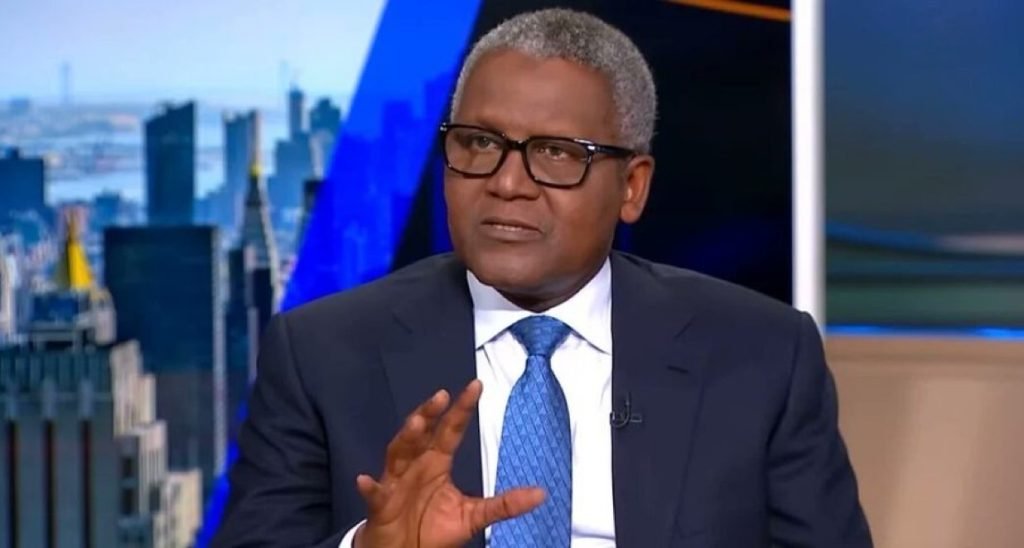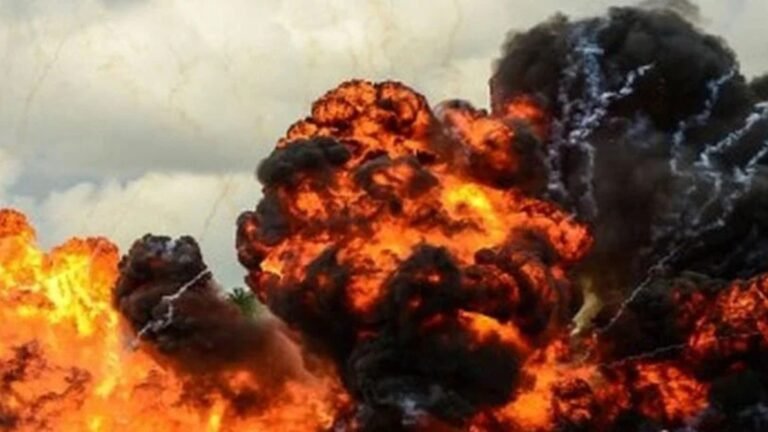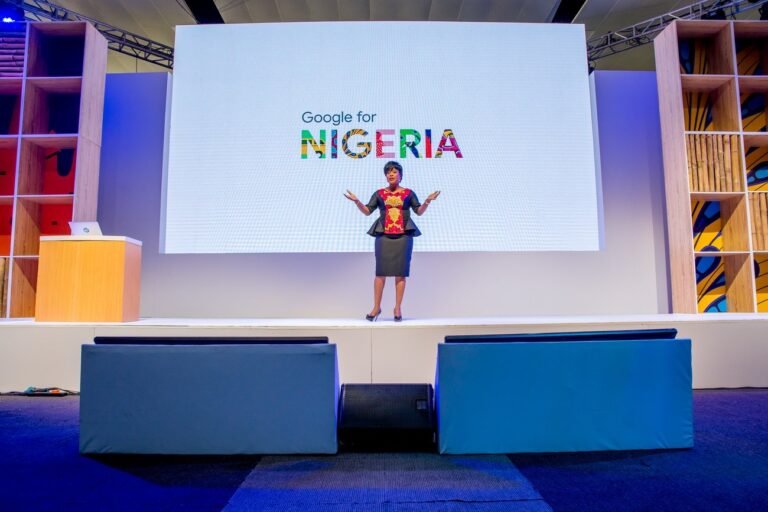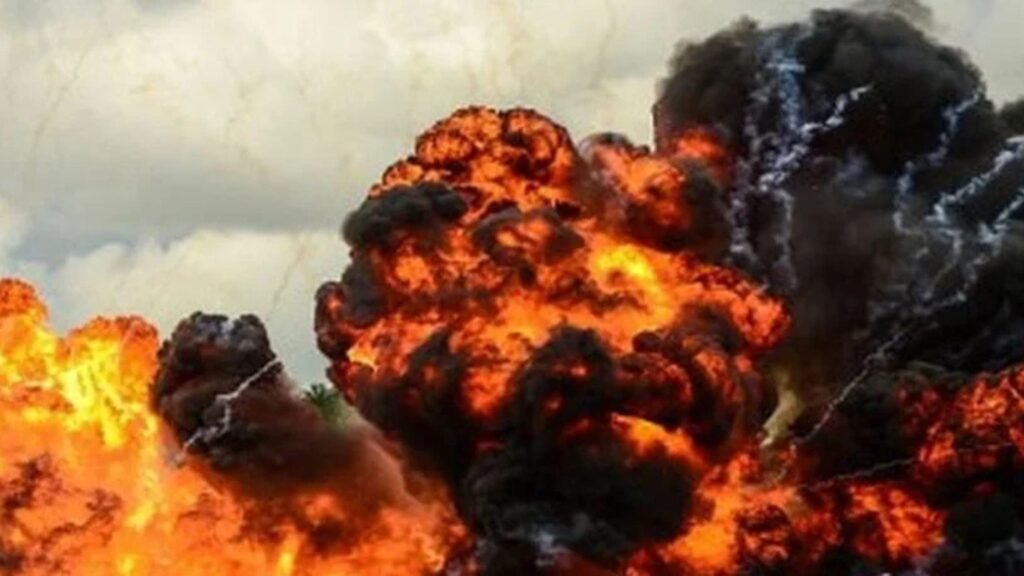The Dangote Petroleum Refinery, Africa’s largest single-train facility, celebrated its first anniversary in early September 2025, a year after producing its initial batch of petrol on September 3, 2024. This $20 billion initiative, led by Aliko Dangote, has revolutionized Nigeria’s energy landscape, transitioning the nation from decades of fuel imports to a burgeoning exporter. President Bola Tinubu hailed it as a transformative project, driving industrial growth and energy self-reliance. The refinery’s milestones include operational advancements, significant economic impacts, and a historic entry into global markets, though challenges like equipment issues persist.Since starting operations in January 2024 with diesel and aviation fuel, the refinery achieved petrol production by September 2024. It currently processes 360,000 barrels per day (bpd), with plans to reach 445,000 bpd by December 2025 and eventually hit its full 650,000 bpd capacity, potentially surpassing South Korea’s Onsan Refinery as the world’s sixth-largest. An upgrade to 700,000 bpd is also underway. The facility produces high-quality Euro V-compliant fuels, including low-sulfur diesel and gasoline, with Euro VI-grade petrol expected by mid-2025. Its exports, including naphtha and polypropylene, have reached Asia and West Africa, with a landmark shipment of 320,000 barrels of gasoline arriving in New York on September 14, 2025, meeting stringent U.S. standards.Economically, the refinery has been a game-changer. It has eliminated Nigeria’s chronic fuel shortages, saving $1 billion annually in demurrage costs and protecting the country from $6 billion in foreign debt.
By August 2025, nationwide distribution of petrol and diesel began, supported by 4,000 CNG tankers and over 100 CNG stations, with credit options for bulk buyers. The shift to 100% Nigerian crude by year-end, backed by the naira-for-crude policy, reduces import reliance. Exports of 1.35 billion liters of fuel in June-July 2025 have bolstered foreign exchange reserves, contributing to a balance-of-payments surplus. Additionally, the project has created over 570,000 jobs and spurred infrastructure development around the Lekki Free Trade Zone.Despite these achievements, the refinery faces hurdles.
A key unit, the Residue Fluidized Catalytic Cracking Unit, shut down in late August 2025 due to catalyst leaks, with repairs expected to take months, potentially necessitating temporary imports. Utilization is projected at 65% by late 2025, depending on crude supply. Looking forward, the refinery’s focus on local feedstock and expanded exports to North America and beyond positions Nigeria as a regional energy hub. As Dangote emphasized, this project is reshaping Africa’s energy future, with ongoing updates available through sources like Reuters or the refinery’s official channels.













